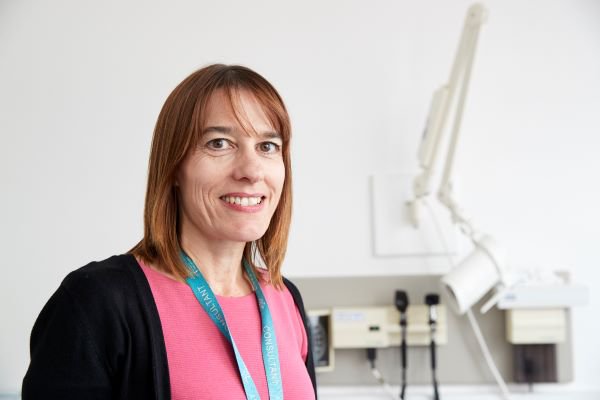An Addenbrooke’s consultant oncologist is on a panel of European experts who could help change the way breast cancer patients are treated in other parts of the world.
Professor Charlotte Coles is among a team of professionals who have just had their work published online in The Lancet Oncology, a world-leading journal publishing high-quality, peer reviewed original research.

The European Society of Therapeutic Radiology and Oncology - Advisory Committee in Radiation Oncology Practice (ESTRO-ACROP) says increased doses of radiotherapy over a shorter timeframe can be just as effective as smaller doses over a longer period.
The treatment, which is now standard in the UK, is called hypofractionation and Professor Coles and the team set out to see what experts elsewhere in the world thought of research into it.
It was reviewed by leading clinicians from hospitals across Europe, Brazil and Israel, who graded how much they either agreed or disagreed with the statements.
Their final consensus was that three weeks of radiotherapy can be offered to any patient with any indication of breast cancer, and one week can be offered for patients who do not need lymph node radiotherapy too. This will enable many centres to give breast radiotherapy to three patients in the same time period to treat just one.
It is the first time such a consensus has been published in high-impact journal and will be of interest to parts of Africa and other countries where hypofractionation implementation is slower and access to radiotherapy is poor.
Professor Coles said: “We knew the evidence was there to support hypofractionation – there have been some excellent clinical trials over the last couple of decades.
“These include the recent UK FAST-Forward (opens in a new tab) trial that showed that one-week breast radiotherapy is at least as good as conventional treatment in preventing cancer returning with similar side effects, but has far less treatment visits for patients.
“There are other benefits too, including less travel for treatment, less time off work and less time in recovery.
The good things about reducing the number of weeks is we’re not giving less treatment, it’s the same treatment only over one week, in more concentrated doses.
Professor Charlotte Coles
“The science behind it is based on how breast cancer and normal tissues react to hypofractionation, and it’s a happy consequence that it’s also quicker and cheaper.”

